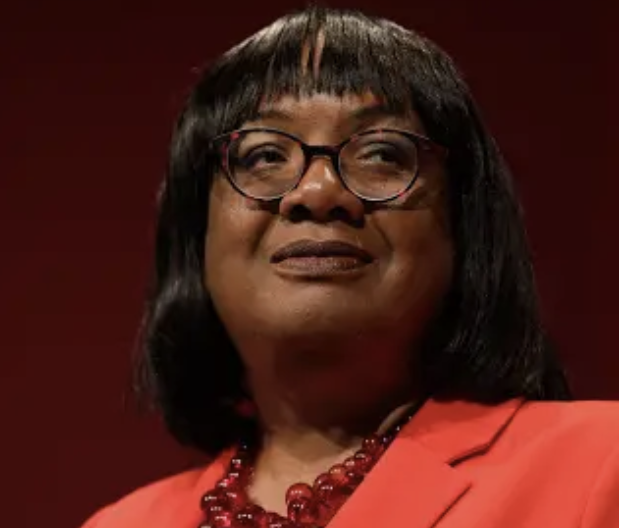Global cooperation, the legacy of empire and the 2022 Commonwealth Games

For the next two weeks, my hometown of Birmingham in the UK will be hosting this year’s Commonwealth Games. There will be approximately 6,600 athletes from 72 nations taking part in this global sporting extravaganza. The City of Birmingham will host 15 different venues depending on the event. Therefore, the eyes of the world will be focused on Birmingham. Although this is an opportunity to showcase the best of humanity and culture through sports, is this also one way of highlighting Britain’s glorious (depending on your viewpoint) colonial past. Can we completely divorce Britain and empire from the Commonwealth Games? As I often say to my students, the answer to this question depends on how far back you choose to look in history.
To sports lovers who only focus on the actual games, the response is overwhelmingly positive. The Commonwealth Games will result in numerous benefits for the people and City of Birmingham. One of the region’s biggest shopping centres at Merry Hill is hosting a programme of free activities and events to mark the arrival of the games. Benefits of the Commonwealth Games include a boost to local tourism during and after the event by as much as 25 per cent, not to mention the millions of pounds of investment in parts of the City of Birmingham. There will also be a global TV audience, and thousands of jobs will be created. The Athletes’ Village, in the Perry Barr area of the city, will be part of a wider development of 3,000 homes that will kickstart the regeneration of the area. With Birmingham being a major cosmopolitan city with local people and communities represented from all over the world, this Commonwealth Games should be a spectacular success in hosting peoples from every part of the globe. A great deal of money is being spent on developing the city’s infrastructure.
Despite the optimism stated above, the Commonwealth Games has a very shadowy past which many people cannot forget. The first Commonwealth Games was in 1930 and was known as the British Empire Games. The broad idea had been earlier proposed by Reverend Astley Cooper in 1891, when he wrote an article in The Times newspaper suggesting a “Pan-Britannic-Pan-Anglican Contest and Festival every four years as a means of increasing the goodwill and good understanding of the British Empire”. Therefore, the games, like the Crystal Palace Exhibition of 1851 in London, were designed partly to showcase the greatness of imperial Britain and its colonies.
From 1930 to 1950 the games were known as the British Empire Games, then the name was changed to the British Empire and Commonwealth Games until 1962. From 1966 to 1974 they had the title of British Commonwealth Games and from 1978 onwards they have been known as simply the Commonwealth Games. For the seventh time since the inception of the games in 1930, a UK city is hosting the event. Apart from Jamaica, in 1966, no other Caribbean or African country has hosted the games.
While many people are going to enjoy the games, for others, this event represents a continued feature of Britain’s colonial heritage. What makes matters worse, there have still not been any formal apologies from the British Government or the monarchy for their part in the trans-Atlantic slavery system and colonialism. The staging of every Commonwealth Games, therefore, serves as reminder to some people of Britain’s bloody and brutal colonial past. While it is certainly the case that these games will result in economic benefits, we have to consider how far this sporting event has moved towards addressing some of the concerns regarding its deep colonial heritage.
Tony Talburt is a Senior Lecturer at Birmingham City University in the UK.






